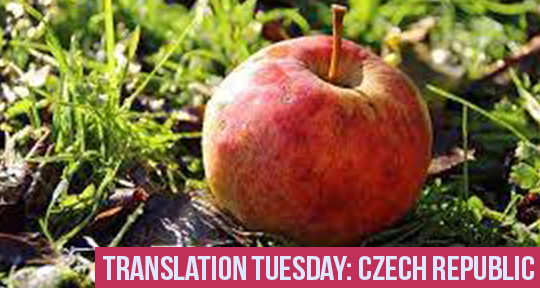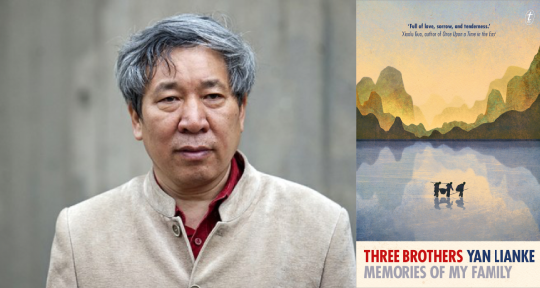This Translation Tuesday, we present a quiet and devastating tale of abuse, escape and dreaming, told with care and gentle detail by Ahmed Amran. Yemeni-born but a naturalized citizen of Hungary, Amran writes in Hungarian and here draws inspiration from its vast and “dazzling” plains—the story of Earth Mounds hinges on his protagonist’s first glimpse of a steppeland that stretches to the horizon. Its very endlessness holds the promise of a future; he need only grab it.
We were still kids, all of us short. While of our age group, he was smaller in bearing. He barely spoke. He would rather observe our games than join in. He was fearful, almost terrified, of ending up in the sort of squabble that would spill over into a fight. Yet once in a fight, he slowly turned into a wounded lion. Then he would strike hard, unstoppably, sobbing as he fought, and when he sensed his victory, he would pull his most grievous punches. Then he would break into a run. Later we found out his refuge. On the edge of the village, on the other side of the fearsome graveyard, several low earth mounds lay. He would run there, climb up them, and roll down.
I remember when we noticed his growth spurt. Under his pitch-dark hair, the brown of his forehead had darkened. We hardly ever saw him on the village’s narrow streets. Instead, he would turn up in the deep, steep valleys engirdling the village. Later we heard about how his stepmother used to torment him. She would accuse him of stealing; almost every day she would find some excuse to kick him out of his father’s house. His father, to stay on his young wife’s good side, berated and beat his son. The boy had no strength left to cry. Out of sheer exhaustion he would often fall asleep during a beating. But sometimes he found refuge in the house of a hobbling old woman, where he could rest his worn body.
From the proximity of our old house we saw and heard them every evening. As if he enjoyed it, his father would raise his voice while throwing stones after his fleeing son. His young wife, like a hawk swooping down, would snatch up any of her little children who were playing nearby. A sly smile, visible only to those familiar with her wicked nature, etched itself in the corners of her mouth.



